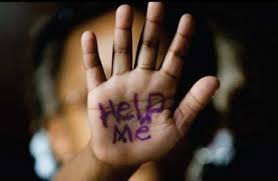
By D N Singh
Odisha, a state otherwise known to be the land of Lord Jagannath, housing a population of over four and half crore people, have been always viewed to be a God fearing place.
A place where the ethos of the masses get instilled with reverence, some figures of a deadly sin like rape is bound to raise many heckles.

The state has witnessed a dubious record of about 15,000 rape incidents in last three years. Obviously a staggering figure for a state soaked with religious sentiments.
Which includes the heinous exploitation of children and that too minor and little ones.
Such figures can only disturb but the major issue is, what are the driving factors behind such mind sets. Split second mental aberrations are deplorable but a sin committed with designs and pre-indisposed planning are loathsome.
Apart from the legal tools to check such crimes, what is equally essential is the root causes which triggers such beastly advances.
Of course, we are in a state when there is an urgent need for development of methods of assessment and management of sex offenders (rapists, child sex offenders, other sexual offenders, and murderers) to wage a society-wide battle against the scourge of sexual offences in the state and India as well.
People are used to get observations and suggestions drawn upon literature from psychiatry, psychology, criminology, probation, and ethics to provide a framework for understanding reasons behind rape, how mental health issues are implicated, what mental health professionals can do to contribute to crime management.

What happened in 2012 in Delhi had stirred the conscience of the nation and outside, forcing a massive moral and legal soul searching. A commission chaired by Justice Verma did address deficits in the management of rape and other sexual offences, recommended widespread changes, sadly, it focused only on criminal justice issues of defining laws, enhancing processes, and increasing punishments but remained silent on the slew of health approaches that have been used in the west and increasingly closer to home, in the management of sex offenders.






